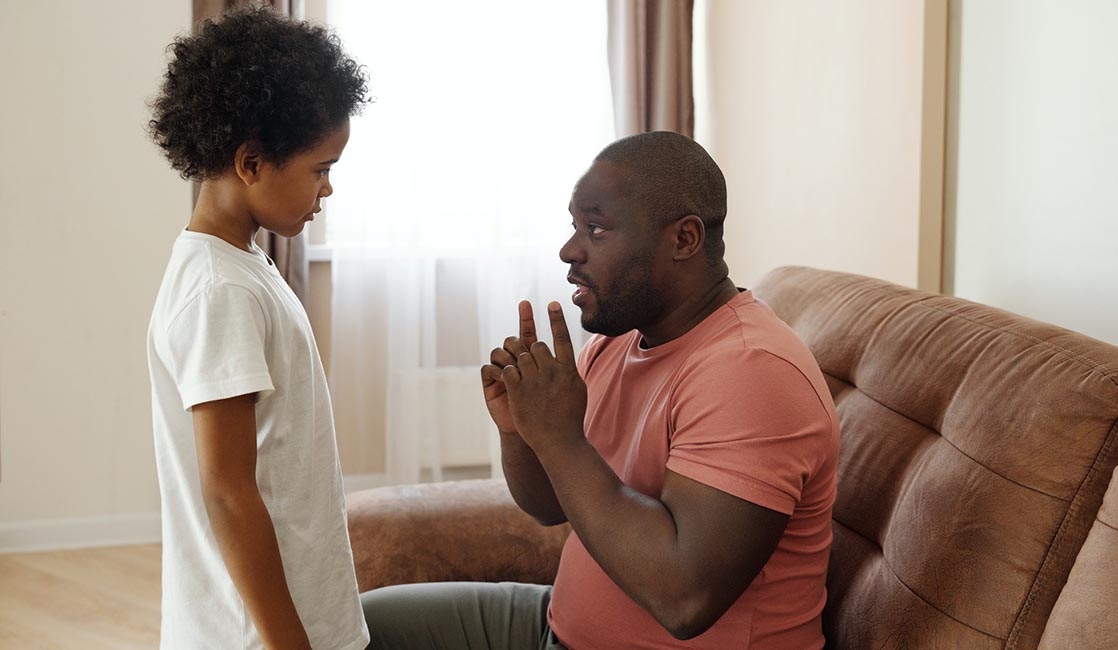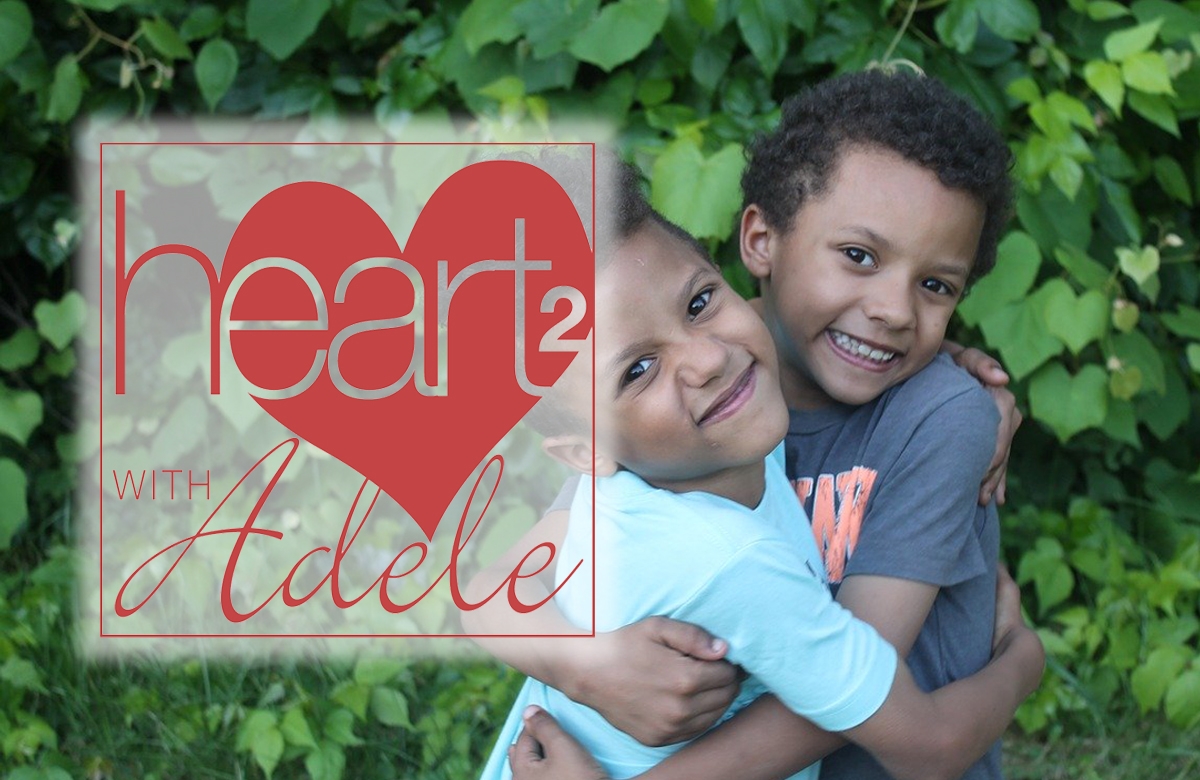
The importance of teaching manners is part of good parenting
QUESTION
Dear Adele,
I am a 32-year-old single, childfree woman who is dating a 35-year-old man with two youngsters, ages five and ten. While I care for the children, I find them quite unmannerly. In my opinion they are often rude and do not seem to know the words ‘please’ and ‘thank you’. Their behaviour is really bugging me. Have good manners gone the way of the dodo bird or am I just old-fashioned?
Bugged

ANSWER
Dear Bugged,
Good manners refer to one behaving in a polite and respectful way. They include one’s behaviour, speech, gestures, and thinking and are shown equally to everyone out of respect for the feelings of others. And no, Bugged, they have not gone out of style!
According to an article entitled “Importance of Good Manners- essay for students and children,” mannerly people are modest, humble, kind, courteous and empathic. Some salient good manners in our culture include the following:
- Sharing
- Helpfulness
- Politeness
- Humility
- Use of the words ‘please’, ‘thank you’, ‘excuse me’, and ‘sorry’
- Respectfulness for the property of others
- Borrowing the property of others only with permission
- Responsibility
- Cleanliness
- Avoidance of offensive or abusive language
- Relinquishment of one’s seat on public transportation to a senior, pregnant or disabled person
- Opening doors for others
- Refraining from interrupting others
When people are said to have good manners, they represent themselves, their family, their community and their colleagues. The benefits are many and some important ones are listed below:
- Good manners earn respect.
- A person with good manners will be more easily trusted, liked and valued.
- Knowledge of accepted mannerly behaviour builds self-esteem.
- Coaching children about good manners adds to their charm and helps establish their personalities.
- Good manners help build relationships and draw others to the person.
- Mannerly people are more considerate of others feelings and emotions, do not overreact as frequently, and have better emotional control.
- Good manners increase confidence.
- Good manners increase one’s self-respect and happiness.
- Good manners are part of the definition of a person.
- Good manners are observed by others and increase one’s social acceptability.
- Good manners give strengths and coping behaviours which help one deal with failure.
- Good manners make a person more impressive and therefore provide him/her greater opportunity in the workforce, ultimately affecting financial rewards.
So, there you have it, Bugged! Good manners have not gone out of fashion and it is in the interests of your boyfriend’s children to work on developing them. Training children in good manners is part of the parenting job. Moms and dads need to model good manners daily. They should encourage and praise good behaviour from their children. Expectations for good manners need to be consistently set, encouraged and enforced.
I will conclude with a few quotations which might inspire you and your boyfriend:
“Manners, etiquette, wisdom, virtue, knowledge and intelligence are accepted and appreciated universally.” — social mettle.com
“The good news is that no matter what your background good manners can be learned.”— Ellen Russell
“The rules of good manners are the traffic lights of human interaction. They make it so we don’t crash into one another in every day behaviour.” — Pier Forni
Sincerely, Adele
Email your questions to maryadeleblair@gmail.com and please put Heart to Heart in the subject line. Note that all columns will remain anonymous.
Photo: August de Richelieu








